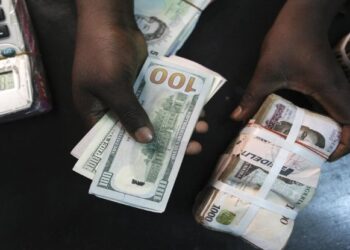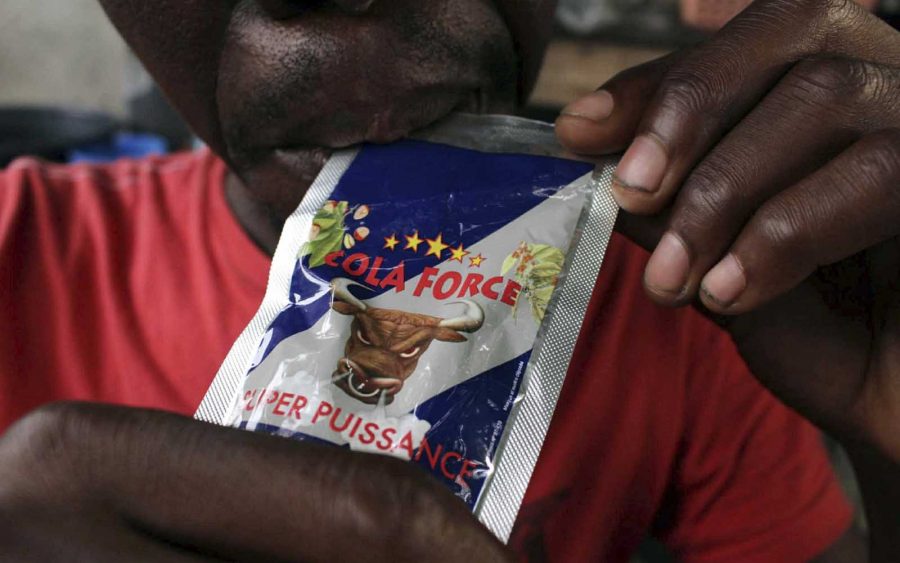The Central Bank of Nigeria (CBN) plans a major restructuring in its operations, aiming to transfer about N5.5 trillion in development finance activities to a combination of private banks and Development Finance Institutions (DFIs).
According to a new report on Nigeria, this move aligns with the recommendations from the International Monetary Fund (IMF) on the need for the country to streamline its economic policies and focus on core central banking functions.
Under the new strategy, the CBN will gradually phase out its direct involvement in development financing, which historically included lending on concessional terms to sectors like agriculture and small and medium-sized enterprises (SMEs).
These activities will now be handled by DFIs, jointly owned by the Ministry of Finance (MoF) and the CBN, as well as private financial institutions.
The IMF has been supportive of this shift, suggesting that it will help the CBN to focus more on its primary roles including monetary stability and regulation. It has also recommended that the concessionality of new lending should be limited to areas where market failures are evident.
The report read: “The CBN’s decision to phase out its development finance activities is welcome. These activities (5.5 trillion naira) will be transferred to development finance institutions, owned jointly by MOF and CBN, and private financial institutions.
“An orderly transfer of the portfolio is key to avoiding interruption of credit flows to agriculture and small and medium enterprises. Undercapitalized financial institutions should not be eligible to absorb CBN’s portfolio.
“The CBN’s lending programs have been traditionally done on concessional terms. The authorities will have to decide if new lending will continue to be concessional and how costs would be accommodated. Staff suggests limiting concessionality to clear areas of market failure.”
Aggressive recovery
The CBN is also working on recovering overdue loans from its development finance interventions. This is part of a broader effort to rein in inflation and manage credit growth effectively.
The report read: “Other measures to rein-in inflation include the Bank’s re-focus on standard monetary policy instruments, rolling back its N10 trillion quasi-fiscal operations while complying with statutory limits on its credit to the government, and reducing rapid credit and money supply growth. Concurrently, the CBN has already commenced an aggressive recovery of overdue development finance intervention loans.”
More Insights
- The CBN announced a suspension of new loan applications under its Intervention Program in December 2023. Concurrently, the CBN tasked commercial banks, which previously facilitated the distribution of these intervention loans, with the responsibility of recovering outstanding loans issued under these programs.
- Nairametrics earlier reported that the CBN’s Intervention Funds Program, estimated at N10.3 trillion, achieved a repayment rate of 75.8% on September 30, 2023. Also, about N193 billion of the total loans disbursed were declared lost and another N418.9 billion was doubtful.
- According to the report, out of the N10.3 trillion in intervention funds, N4.4 trillion has been repaid, while approximately N5.8 trillion remains outstanding. Some of the loans are tenured meaning they only fall due when the principal repayments mature.
- The CBN in 2022 warned that it might use the Global Standing Instruction (GSI) against Anchor Borrower Program (ABP) loan defaulters.
- A news report also stated that NIRSAL Microfinance Bank (NIRSAL-MFB) teamed up with the Nigerian Financial Intelligence Unit (NFIU) to recover N450.9 billion in outstanding loans issued to farmers through the CBN’s ABP.
























